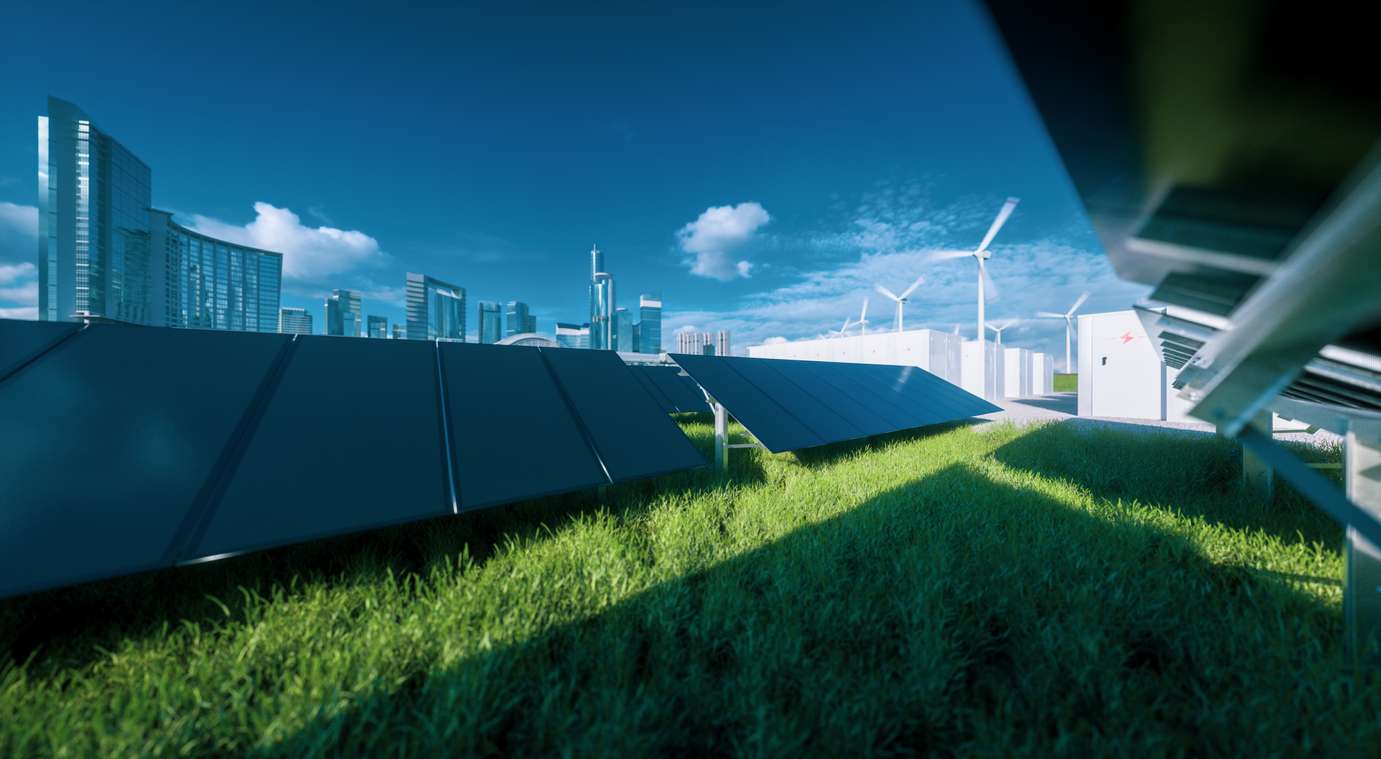
According to UN's Department of Economic and Social Affairs projections, more than 68% of the world population will be living in smart cities and other urban areas by 2050. As a result, these cities will have to find ways to deal with the increased strain on basic resources, including access to clean water. Today, water scarcity is a persistent issue affecting millions across the globe. This is why governments and individuals alike must invest in infrastructure that will enable them to make optimum use of the existing water resources.
Why should Smart cities employ smart water technologies?
Water scarcity is recognized as one of the main risks identified by Climate Change. The latest IPCC reports, which are primarily concerned with problems of impact, adaptation, and vulnerability, emphasize the influence of climate change on the occurrence of catastrophic water shortage. Even though water runs freely through our pipes, it is a limited resource. This is why smart cities should employ innovative urban management approaches to improve sustainability and inhabitants' quality of life.
Effects of water scarcity
Hundreds of millions of people worldwide lack access to safe drinking water. Water covers over 70% of the Earth's surface, but only 3% of that is freshwater fit for human use. The most severe issue arises when there is water scarcity to the point that people cannot obtain safe, pure drinking water. The human body can only go for so long without water, and a lack of it may lead to various serious health concerns.
People experiencing water scarcity are also frequently impoverished. This is because they cannot obtain the resources they require to thrive and instead are barely surviving these trying times. Other alarming findings in this research include the fact that the ability of water masses and land to absorb carbon appears to be shrinking, implying that the same amount of greenhouse gas emissions would result in even larger temperature rises than those already witnessed. As a result, smart cities should use smart water technology to supply residents with clean water, improve their quality of life, and expand their opportunities. Smart Water System distribution systems can dynamically regulate and manage water supply using environmental sensors and predetermined or machine learning algorithms.
What are Smart Water Systems, and How can they Solve Water Scarcity?
Smart Water systems leverage data collected by IoT-enabled technologies to increase water efficiency for the benefit of upcoming smart cities, towns, and communities. The data collected improves water efficiency by detecting leaks and monitoring how water is distributed across the network, allowing users to make better water management decisions. Sensors, meters, data processing, visualization tools, IA tools, and online and mobile controls connect people to water systems.
How smart water systems can help avert the problem of water scarcity
Although urban water infrastructure serves a crucial purpose in accessing clean water, it's outdated. On the other hand, smart water technology provides a platform for more efficient technology utilization and better-informed decision-making.
Water monitoring is an important aspect of keeping smart cities and other communities prosperous, whether in industrial enterprises, commercial complexes, or healthcare facilities. Technology has progressed to the point that there are now very sophisticated, accurate, and convenient to efficiently manage smart water monitoring systems.
How Shayp can help minimize water scarcity
By remotely monitoring and showing the health condition of plumbing systems, Shayp's water management software enables greater maintenance efficiency. Their 2ZERO system notifies employees when new or persistent breaches occur and connects them to a mobile-friendly site that gives them a full picture of their assets. The outstanding water efficiency and monitoring company use machine learning and real-time data to identify when water is unnecessarily wasted in buildings due to leaks or system inconsistencies.


